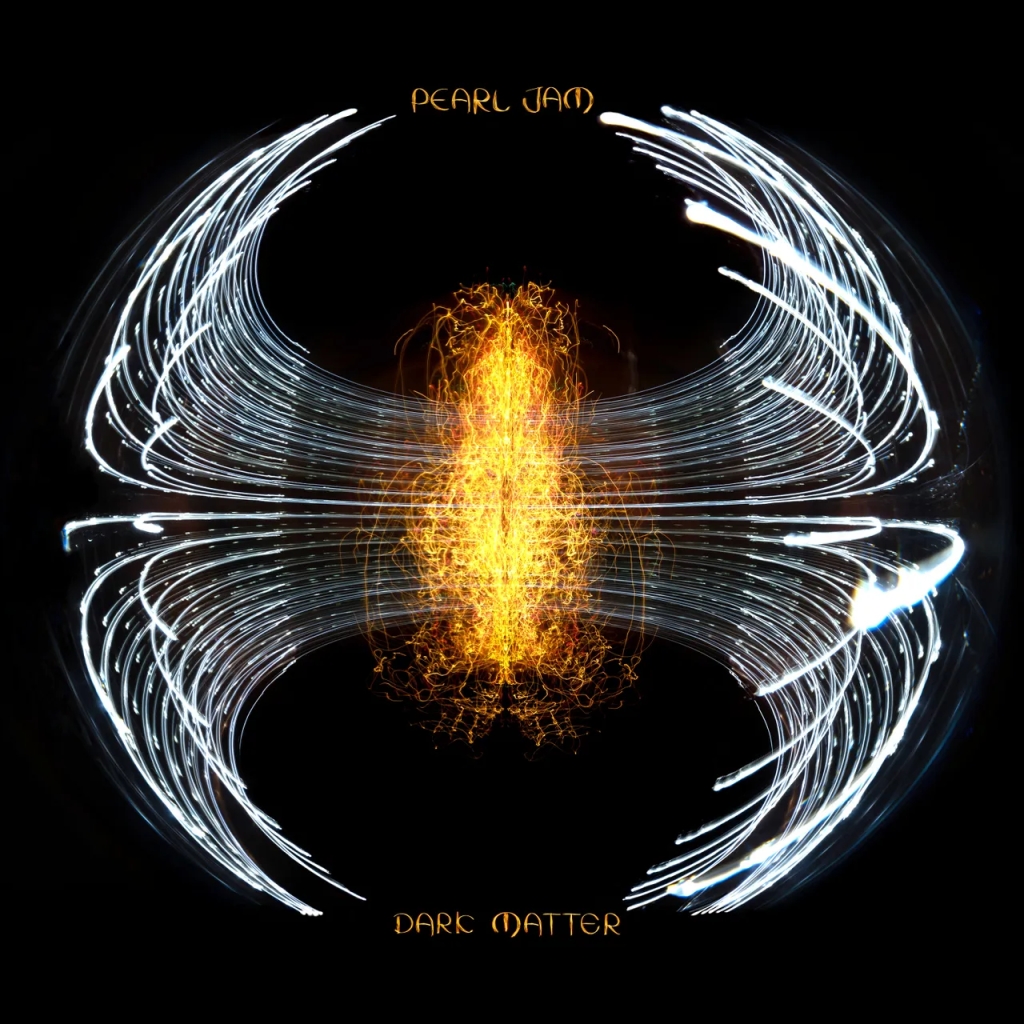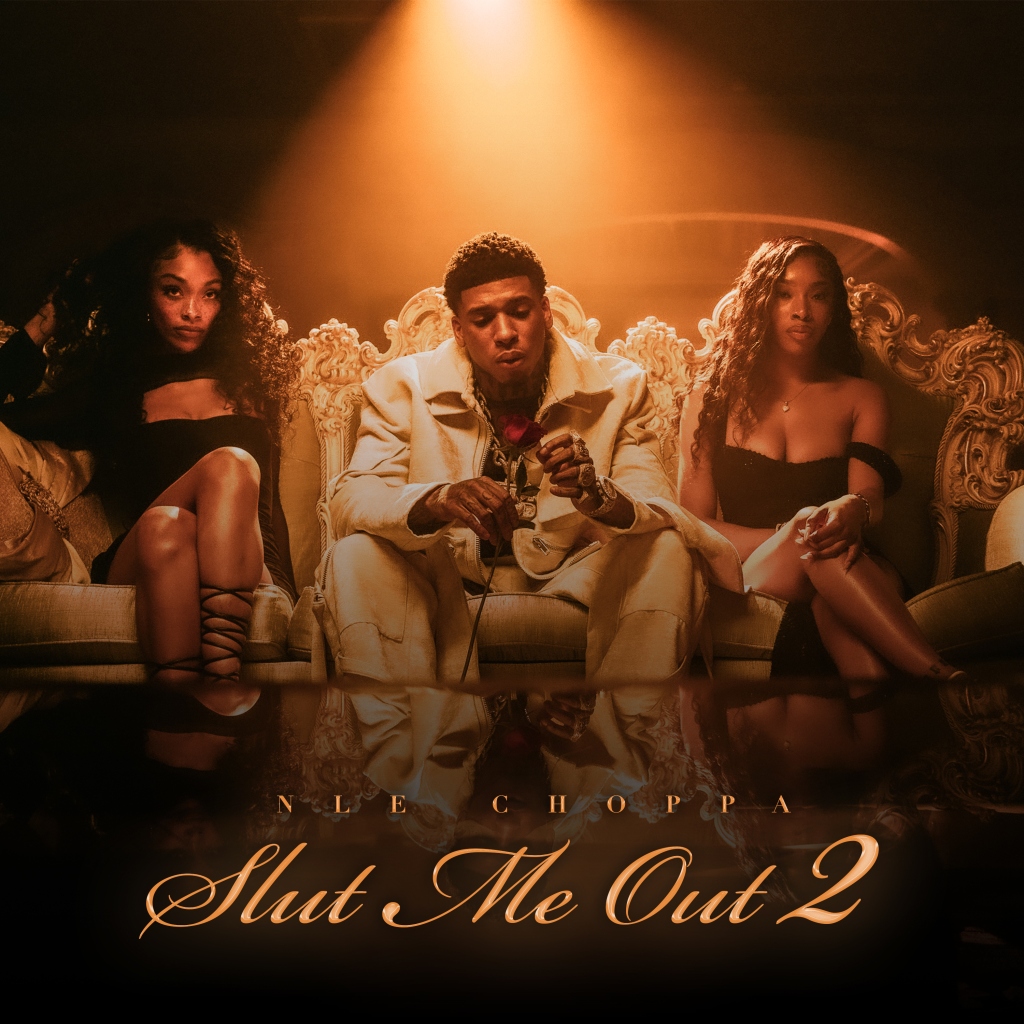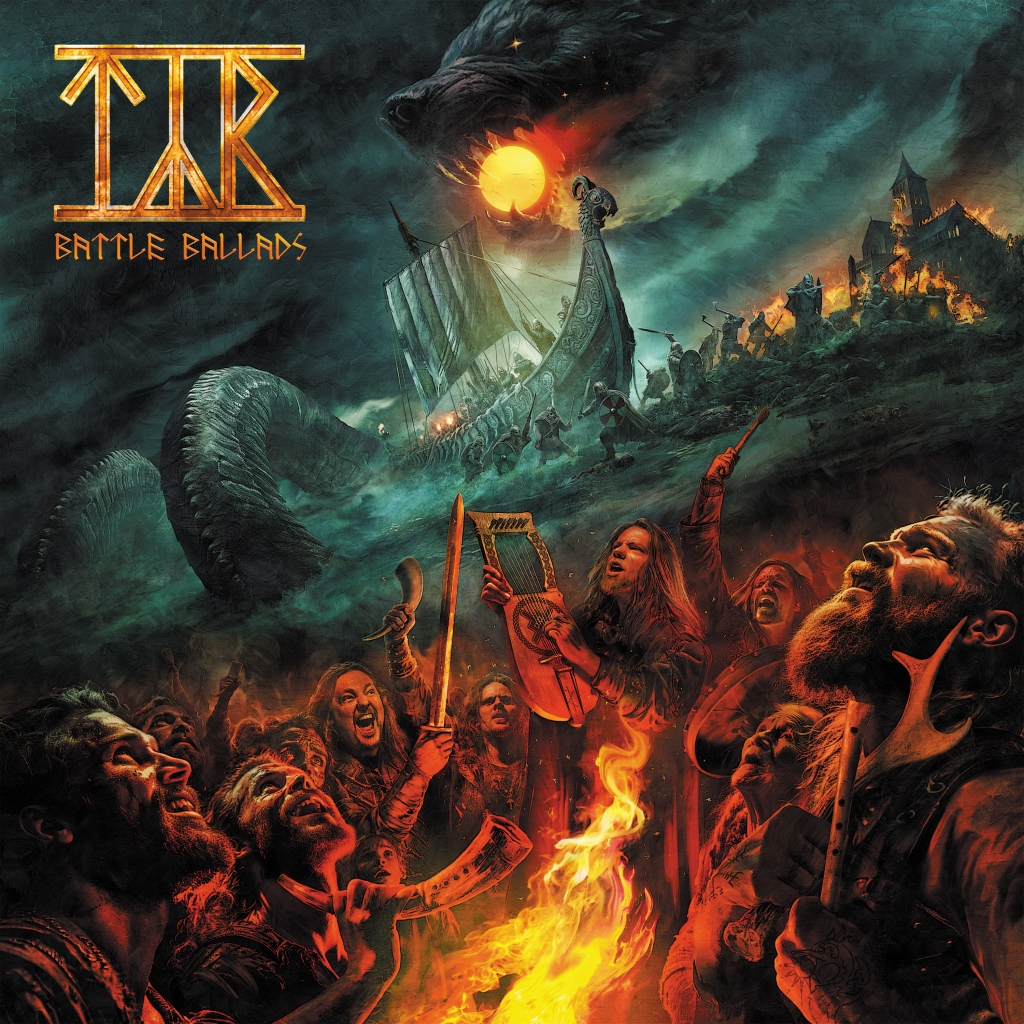[Photo courtesy of Kelley Lach]
By Nicholas Kobe, Staff Writer
[This interview has been edited for length and clarity.]
Big Fat Head are a five piece band composed in part of Ohio University alumni who recently returned to Athens, Ohio, for ACRN Media’s annual student-run music festival, Lobsterfest. Ahead of their Friday night set, Nate Wilder and Olivia Stefanoff of the band discussed the origins and evolution of the band, the Athens music scene, and Big Fat Head’s next steps.
Nicholas Kobe (NK): So, my first question for you is, if you had to describe Big Fat Head to somebody who never heard you in one sentence, what would you say?
Nate Wilder (NW): It sounds really good. Sounds really, really good. I’m hesitant to give a legitimate answer other than just saying that it’s cool. It’s rock and roll and it just came out, so it’s not old because it’s new.
Olivia Stefanoff (OS): No, but I’ll say, we do love not just Columbus, but Ohio rock bands like The Breeders. We’re influenced by ’em and DEVO … and DANA.
NK: Speaking of which, you guys are getting ready to play a Lobsterfest this weekend. What’s your history with the Athens scene in particular and what are you kind of looking forward to about Lobsterfest ‘24?
NW: I’m excited to play it because I attended, like, four years in a row when I was a student here, from 2017 to 2021. I thought that this was gonna be the first time christening Lobsterfest, but I did do the virtual Lobsterfest with my other band, The Wastemen, and I kind of forgot about that until this past week. I’m still very excited to be doing it IRL to a crowd. Every year there, someone crazy comes through to headline and there are always really cool local bands too, and – I don’t know – everyone always does a good job.
OS: And I was gonna say, I forget what year it was, but whenever Machine Girl played, my friend and I, Mike Rasnick, we did a visual projection for that Lobsterfest, so we had a whole VHS tube TV set up and were doing live projections during that. That was awesome. Very excited to be back and also just love The Union, love Scott, and everyone who works there.
NK: So, both of you have a history with Athens. What makes it unique as a music scene compared to some of the other places you guys have been?
NW: I would say that as soon as a band starts, you know about it. If you’re dipping your toes into going to shows and interacting with people who are making music, it’s kind of hard to not be heard here in a way, which is good and bad. It seems like sometimes the word will go around about an artist before everyone’s even seen it. But, I think ultimately it’s a good thing because there are so few bands that everyone gets to connect and everyone gets to play together and everyone gets to kind of share a fan base.
NW: There’s a lot of cool opportunities and it’s not like it just started now. Some people live here – and have lived here – that have been playing in bands for a long time. Obviously, college turnover happens all the time, but people stick around and people come back.
OS: I can talk about it too. I started here in 2016 and I’m not familiar with the house scene now, but when I was here, I remember that every weekend there were, like, five houses that had shows, so it was a great way to get introduced to the music community here. I know there’s a huge OU to Columbus pipeline. There are a lot of bands that started here that are now in Columbus. It’s really cool to see that community move there, but I would say Athens is just more into experimenting. They’re really open to whatever you want to try out (where)as in Columbus it’s a little bit harder to break into like the venue scene here. It’s cool that The Union, Casa (Nueva), and the school are open to having new projects and taking chances on artists.
NW: On that note, we saw Show Me the Body at a house show and the floor caved so, definitely start a venue of your own because f*ck your landlord and all the landlords here. The houses suck, you might as well just let the floor cave in, cause it’s bound to happen anyway. Book a really cool band. They’ll probably come and you can get people to come because it’s Athens. Those kinds of opportunities went a long way. The people that booked those house shows were – just the effort that they put in to book those shows – it was more fruitful than if they had even worked at The Union or another place potentially. They went on to get jobs from the connections that they had made. It’s like the world is your oyster here. You can really do so much with so little backing.
NK: For real, we’re just really, I mean, hamming up the seafood references with the rock lobsters and the oysters. So I guess, just kind of a really basic question, tell me about how you guys got started with this project.
NW: I recorded the first album during COVID when I was a student here and we got a big stipend from the government to spend on students. Josh (Antonuccio) had just become the director of the whole media school, and his thing was audio, so of course he just bought like a bunch of microphones, and I went and stole them all. I used them for that, and other things, of course, I was using them for scholarly purposes, I’ll say, for the record. That was how it started, and once we moved back, there was a deficit of bands in Columbus just because COVID had kind of wiped things out. A lot of venues disappeared. It just felt like we’re just like a bunch of friends that had a couple of songs and we were able to play really cool gigs. It was meant to inspire more people to try and do the same thing. Just like how we had felt it was in Athens. It’s not like everyone was coming to Athens to be a musician; most people were coming for school or they just were already from here. So when bands would start up and especially when they were really good, it was really exciting because it showed you could dedicate your whole life to it, but you didn’t have to already be doing that if that makes sense.
NK: As a band that was kind of getting your start during this, like, COVID era, do you feel like, comparing things from pre-COVID, live music has rebounded, at least from the artist’s perspective?
NW: I’m going to say no, but I’ll let you answer it.
OS: I definitely think it’s starting on that trajectory. There are still definitely people who I feel are deterred from coming out to shows just because they are still worried about their health and all of that stuff. But I think in terms of streaming and getting your music listened to, villagerrr is a good example, who’s also playing Lobsterfest. They’re from Columbus. Mark does a great job, like, especially during COVID, of really releasing stuff so frequently, that it was still accessible for a lot of the audience. You’d make no money from streaming, but it definitely is something that’s a good tool to get more people in different areas to like hear your music But I think, it’s just – that’s a tough question – I still think we’re on the up and up, but it’s not fully back to the capacity is where it was. I feel like Athens is still that hub where people are showing up and showing out for shows. Columbus, you know is a little bit different. Younger bands at OSU still have industry clubs too. They have well-attended events and there are some house shows, but in terms of professional stuff, I still think it’s still slowly coming back.
NW: I feel like I just noticed mostly an attitude difference in the crowd. People don’t really want to get as close to each other. Like moshing and pogoing and all that stuff isn’t really as common. You can just see people that may have been fair weather before, but they’re just like, “Nah, it’s sweaty and stinky. I’m out of here. It’s dangerous for me.” They still are health conscious and stuff. The other side of it now, with the internet and people taking a break and hiding in their room for a couple of years and coming back to it. I love seeing the divide and the hardcore scene of like, “You should be able to punch people in the face” and “No, you shouldn’t be able to punch people in the face” and that kind of thing. I definitely feel like that is like a COVID baby. That is like a mix of people taking a step away from getting punched in the face, but also using the internet as a tool to say whether they want to get punched in the face or not. That’s a really interesting thing. I don’t really have an opinion on that, but note that it is definitely different. Now it’s like something for debate, crowd etiquette.
NK: Well, especially with the crowd etiquette and I’ve seen things about the bigger concerts, but also scenes like hardcore and scenes like metal and stuff like that. But as you guys have progressed with this project, what would you say is the biggest change that you guys have made?
NW: Like I said, I did everything on the first one and it was like piece by piece. So we’ve been slowly trying to make it more and more alive, adding more and more of the band members to the project. Still, I don’t think anything that we’ve released is actually like that yet. The last EP, Villain Pop, kind of, but it’s still not all the current members. We had a different drummer. So the album that’s going to come out at the end of May, we’ll have all of us on it and it was recorded live. It was more of a traditional record of how you cut those and do all the overdubs and all that stuff as opposed to just being in a room and working on a laptop, like a 2024 artist. It was fun to take a step back and do it this way and feel like the Beatles. (-imitates British accent-) We’re going to be in the studio for 48 hours, leaving with a record.
OS: That’s actually how we recorded it in two days.
NK: Y’all just booked it to Abbey Road, you know, took your picture walking across the street, recorded the record, did the whole 90 yards. What was the introduction to (Stefanoff) joining the project?
OS: So like Nate said, I graduated in 2020, he graduated a year after me, but when he was doing it, he wrote most of the stuff on that first album and most of the other new songs. But he brought me in and was like, “Can you sing on this?” I had never played in anything or performed anything. I’d been in choir in high school and have always been involved in the music community and the music scene. But he just kind of pulled me out of my comfort zone. Then he taught me how to play bass. So I’ve been playing now for about three-ish years since the project started. I went to school here for integrated media, so I did more film stuff. It’s cool to be able to hop in and perform, and (I’m) really excited to play with The Laughing Chimes.
NW: Our keyboard player, she was in the fine arts program, printmaking, and our guitar player did audio production with me.
OS: About four or five of us went to school down here.
NK: How has the process been of adding new people to the band, as you guys have kind of gone along?
NW: I think three pieces are tight and you can be really dynamic, but I didn’t really feel like I was going to be either of those things, especially if two-thirds of it was going to be like me and her too. We knew that from the jump. I think we just found a killer drummer, like sniped him from my other band as long as we could have him. Then we sniped another one from somewhere else. Felicity, it was the same deal. I think everyone in the band was maybe more proficient at a different instrument, but I wanted everyone to kind of be at ground zero with me. I could play bass better than guitar, but I didn’t want to necessarily do that, and our guitar player maybe was a better drummer, Felicity was maybe a better guitar player, but it just felt more fun if we’re all on level one.
NK: Start at ground zero. Do you think that is something that you regret?
NW: I’m happy with it, but it is also limiting, obviously, but I think it helps with the charm.
OS: Stemming from that, we’ve had new songs now that we switch instruments. Like Jordan will swap over to bass, I’ll play the tambourine for a song, he’ll play the drums. So we’ve kind of started to work that into the live setting, but, not making it awkward and not having a weird pause here. It’s a fun time, we love doing it.
NW: After having made everyone get out of their comfort zone for so long, it feels easy to do it again. The switches are easy. Sometimes it isn’t the service of “this person might just play it better.” Sometimes we gotta switch it up and keep it fresh, trying to serve the song more. It is cool because it doesn’t really make sense, but then it does.
NK: Absolutely. The only other question I have for you is what do you see as the future for Big Fat Head? What are you hopeful for and kind of where are you guys looking to take this thing long-term?
NW: World domination, like a social plan that’s implemented top-down from the government that we would control. And an album that will come out May 31. I don’t know. I think we’ll just keep chucking along.
NK: So, world domination. Is that before May 31?
OS: We’re getting kind of close to crunch time at this point.
NK: It’s like a pre-release single of taking over the world and then you release the album?
OS: Yeah. If anyone, you know, wants to throw some bones, press some vinyl, or a book tour for us, that’s cool too. Cause we’ve kind of been doing that all ourselves.NW: I guess the future for Big Fat Head is up to the listener at this very moment. We could keep living in Ohio forever and maybe play Lobsterfest again, or you could listen to us so many times that we’ll just show up wherever you want all the time. We’re ready to live on the road. We’re road dogs. But, we just happen to reside in Ohio for now, so, until we take over the world, or whatever it is, we’ll just be playing as much as we can.





Leave a comment